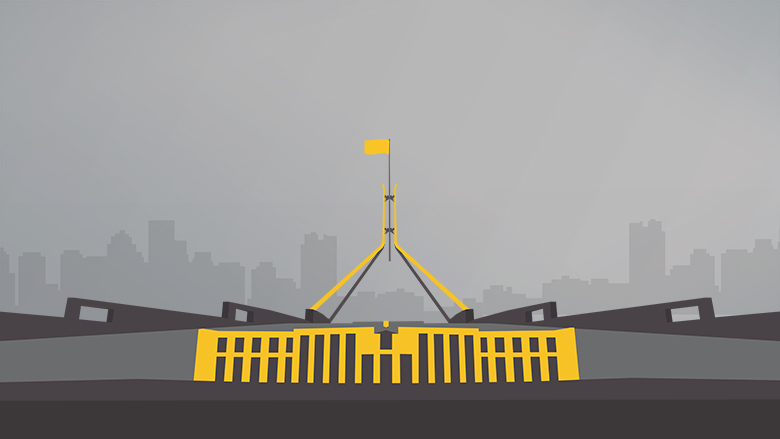Thank you Chair. The Committee has a busy schedule of hearings in relation to this Bill so I will keep our opening comments brief.
We have previously noted our broad concern that this levy is bad policy. For the sake of good order it is important that we reiterate this concern.
We express our concern as a company committed to paying our fair share of tax. Indeed Commonwealth Bank is Australia's largest taxpayer and collectively the five companies affected by this tax paid $12.6 billion in corporate tax last year.
Our concern arises because singling out five companies within one industry to pay more tax, with no notice and little consultation, undermines investor confidence by taking away the policy certainty that is necessary to underpin investment.
We now accept the political reality that the levy will occur, and so today we will focus on opportunities to improve its implementation.
While a small number of the concerns we raised in our submissions to Treasury have been reflected in the current Bill, the majority have not. We support the concerns raised by the ABA in the session before us.
Today I will highlight three of the highest priority issues which I respectfully put before the Committee for consideration. They relate to introducing a sunset clause, the inclusion of large foreign banks and providing for a review mechanism.
So firstly, while a range of objectives for the levy have been offered, we should have the candour to call this tax what it is – that is, for budget repair.
Consequently, there should be a mechanism such as a sunset clause to remove the levy once the federal budget is returned to surplus.
Secondly, very large foreign banks should be required to pay the levy on their Australian operations in the same way that Australian banks are obliged to.
Even if small and medium-sized domestic banks are to be carved out of the levy, very large foreign banks should not be excluded.
Major Australian banks already operate at a competitive disadvantage to the larger foreign banks, because we are required to carry substantially higher levels of capital. Now we will be further disadvantaged because the large foreign banks will be better able to attract scarce business and institutional lending and deposits.
On behalf of the 41,000 Australians working for the Commonwealth Bank and the 800,000 who own it, let me be clear: the Australian government should not create tax policy which systematically and deliberately advantages banks based in the United States, Europe, Japan and China at the expense of its domestic industry.
Finally, given the rushed manner in which this levy has been announced and designed, we recommend a review in two years by an independent body such as the Productivity Commission.
It is evident to us that opportunities have been lost to align the levy with broader public policy settings and a review would allow for a more fulsome consideration of policy options.
For example, in the United Kingdom a discounted levy rate applies to long term debt to encourage banks to raise funding in a way that maximises the stability of the system.
However such an arrangement does not appear to have been considered as part of the Australian model and this seems to be a missed opportunity.
So I will leave it at that. I look forward to answering your questions.
ENDS
NOTE: In additon, Commonwealth Bank provided a submission to the Senate Economics Legislation Committee's for the inquiry into the Major Bank Levy Bill 2017.
View a copy of the submission here.



